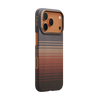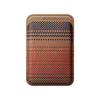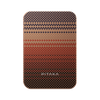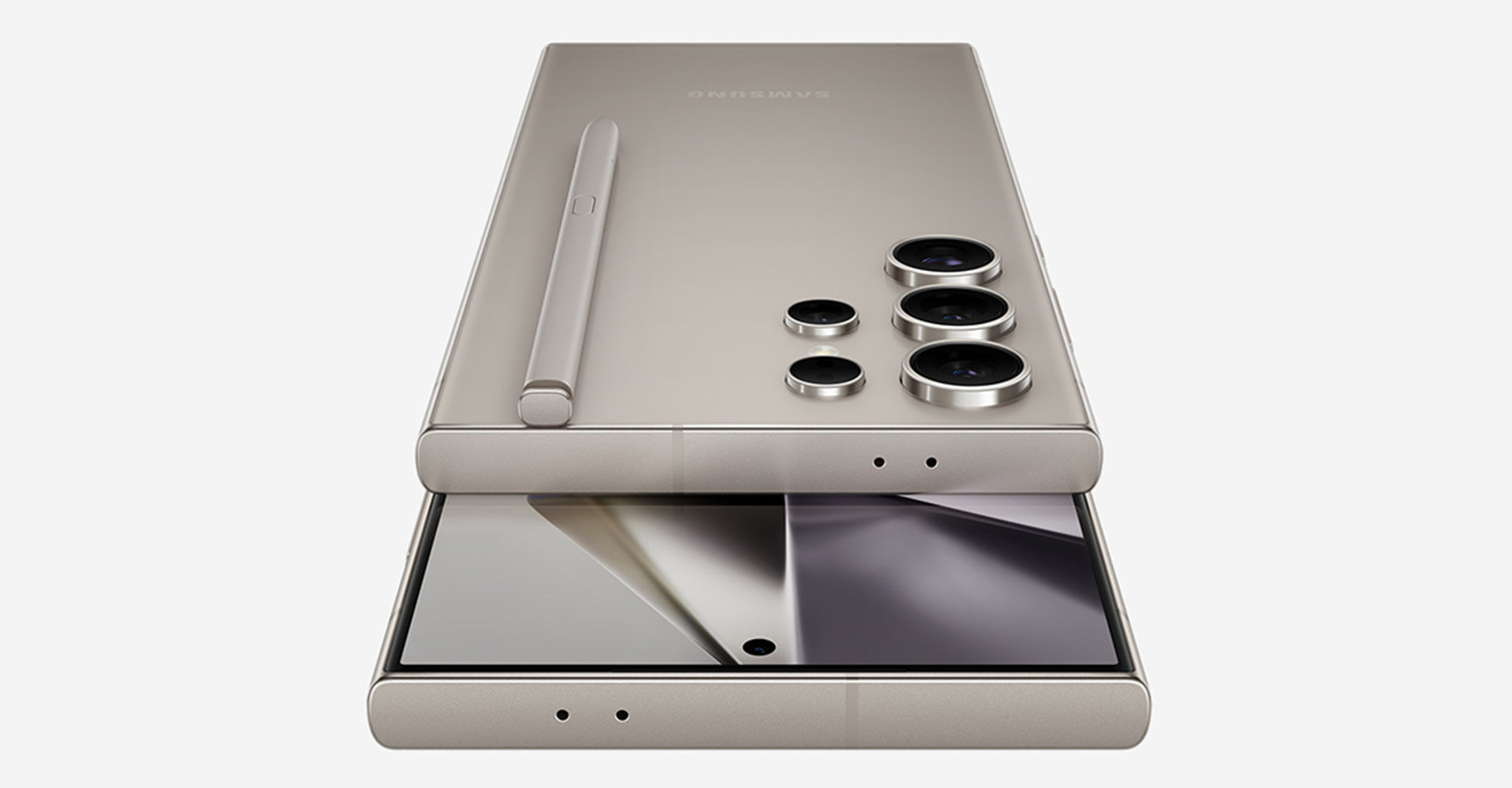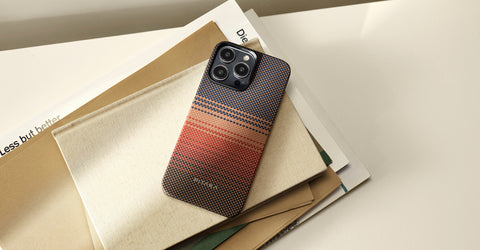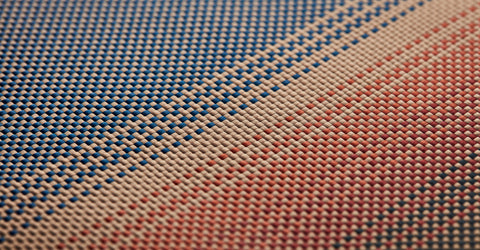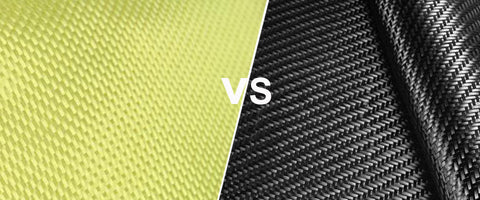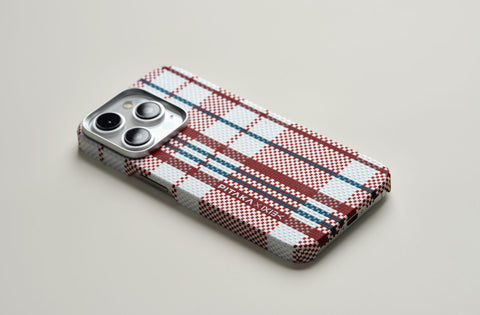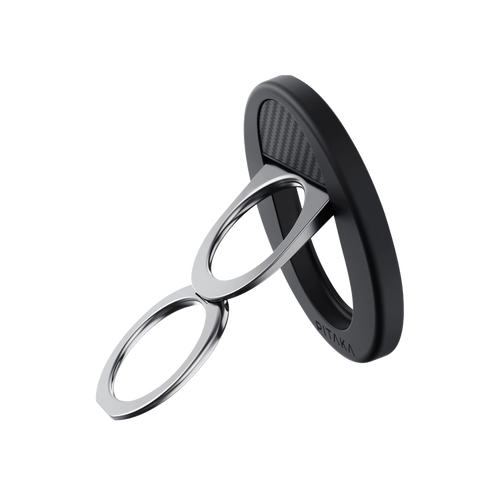Samsung unveiled its highly-awaited Galaxy S24 series at the Unpacked event on January 17. There is a lot of excitement surrounding the new flagship models, with one standout feature being the introduction of a titanium frame for the Galaxy S24 Ultra.
Samsung Galaxy S24 Ultra Switches to Titanium Frames
In the past three years, Samsung has consistently used a lightweight yet strong aluminum frame for its Galaxy S series phones, from the S21 Series to the S23 Series. Based on this track record, many people predicted that Samsung would maintain this trend with their Galaxy S24 series.
To many's surprise, the South Korean tech giant made a change in the design of the Galaxy S24 Ultra by opting for a titanium frame, while still utilizing the Armor aluminum frame for the S24 and S24 Plus. The introduction of the titanium frame in the Galaxy S24 Ultra has sparked passionate discussions among Samsung enthusiasts and tech experts.
In fact, several months before the Unpacked event, rumors began circulating about the possibility of the Galaxy S24 Ultra featuring a titanium frame. Additionally, a report from the Elec suggested that Samsung has been working on incorporating titanium frames into their smartphones for the past two years. After much anticipation and extensive research, Samsung has successfully brought this premium element to their high-end phone model, the Galaxy S24 Ultra.
The introduction of a titanium frame into the Galaxy S24 Ultra means it is Samsung's first smartphone that features a titanium frame. And this move will surely mark a significant milestone for the South Korean tech giant.
Purchase PITAKA's S24 Cases with 10% off code: S24BLOG
Is Samsung the First One That Uses Titanium Frames?
Samsung is not the first manufacturer that adopts the titanium frame into smartphones.
In September 2023, Apple made a groundbreaking move by introducing titanium frames in their iPhone 15 Pro series. This change from stainless steel frames to titanium frames resulted in a weight reduction of approximately 20 grams for both the iPhone 15 Pro (187g) and the iPhone 15 Pro Max (221g) when compared to their predecessors, the iPhone 14 Pro (206g) and iPhone 14 Pro Max (240g). Besides, the titanium frames granted the new iPhones a sleek and elegant appearance, exuding a sense of luxury.
However, Apple's implementation of titanium frames is not limited to the iPhone 15 Pro series. As early as 2019, Apple utilized titanium alloy cases in their Apple Watch Series 5. Since then, most Apple Watches, except the Apple Watch Series 8 and SE, have offered the option of a titanium case.
Why Is the Titanium Frame Popular with Samsung and iPhone?
Titanium is a light yet strong metal that is widely used in aerospace and medical industries. It is becoming increasingly popular in the smartphone industry due to its advantageous properties as follows:
1. Strength and Durability: Titanium is known for its exceptional strength-to-weight ratio, making it highly durable and resistant to impact. Electronic devices made with titanium frames or components are less prone to cracks or damage from accidental drops or rough handling.
2. Lightweight: Titanium has a low density compared to other metals, allowing manufacturers to incorporate its strength and durability without adding significant weight to the devices. This is particularly important for smartphones, as it allows for a more comfortable user experience and reduces strain when carrying or holding the device for an extended period.
3. Corrosion Resistance: Titanium is highly resistant to corrosion, making it an ideal choice for electronic devices that may be exposed to moisture, liquids, or varying levels of humidity in different environments. By utilizing titanium frames, manufacturers can ensure the longevity and reliability of their devices, especially in outdoor or harsh conditions.
4. Thermal Conductivity: Titanium has excellent thermal conductivity properties, meaning it can efficiently dissipate heat. In electronic devices that generate heat during operation, such as smartphones, titanium can be utilized to help distribute and release the heat, preventing the device from overheating.
5. Biocompatibility: Titanium is biocompatible, meaning it is least likely to cause adverse reactions or allergies when in contact with human skin or tissues. This makes it suitable for electronic devices like smartwatches, where titanium components can be in direct contact with the user's skin.
6. Aesthetics: Titanium has a distinct and modern appearance that adds a premium and luxurious feel to smartphones. Its sleek and elegant design is commonly associated with high-end smartphones or smartwatches, elevating the overall aesthetics of the device.
What Does the Galaxy S24 Ultra Benefit from the Titanium Frame?
The titanium-built iPhone 15 Pro series is approximately 10% lighter than its predecessor, the iPhone 14 Pro series. Before the Unpacked event, some people speculated that the Samsung Galaxy S24 Ultra could also achieve a similar reduction in weight.
However, the Galaxy S24 Ultra weighs 233g, which is only 1 gram lighter than the previous S23 Ultra (234g). This minimal difference results from the fact that the density of titanium alloy is not as high as that of stainless steel. Therefore, the titanium frame is unlikely to significantly reduce the weight of the Galaxy S24 Ultra. Nevertheless, the use of titanium alloy may enhance the durability of the S24 Ultra when compared to its predecessor.
Furthermore, the S24 Ultra features a flatter screen edge than the S23 Ultra. This design change, coupled with the titanium frame, may contribute to improving the overall aesthetics of the phone to some extent.
In addition to its elegant design, the Galaxy S24 Ultra is offered in several color options to cater to individual tastes. These include Titanium Black, Titanium Gray, Titanium Violet, and Titanium Yellow, plus additional colors Titanium Blue, Titanium Green, and Titanium Orange available only on Samsung.com.
Will Titanium Frame Become a Trend in the Smartphone Industry?
While both Apple and Samsung have incorporated titanium frames into their smartphones, it remains to be seen if this trend will become more prevalent in the electronics industry. It is important to note that both companies have thus far used titanium frames exclusively in their high-end models, indicating a cautious approach to technology.
The future adoption of titanium frames in mobile phone production will likely depend on the market response to the iPhone 15 Pro series and the Samsung Galaxy S24 Ultra. If these devices receive positive feedback and consumer demand, both tech giants may expand their usage of titanium frames in future phone models, potentially inspiring other electronics manufacturers to follow suit.
However, the decision to adopt titanium frames requires a delicate balance between cost control and technical capabilities. Manufacturing titanium frames incurs higher costs compared to using aluminum alloy or stainless steel frames, and there are challenges to overcome in mass production.

